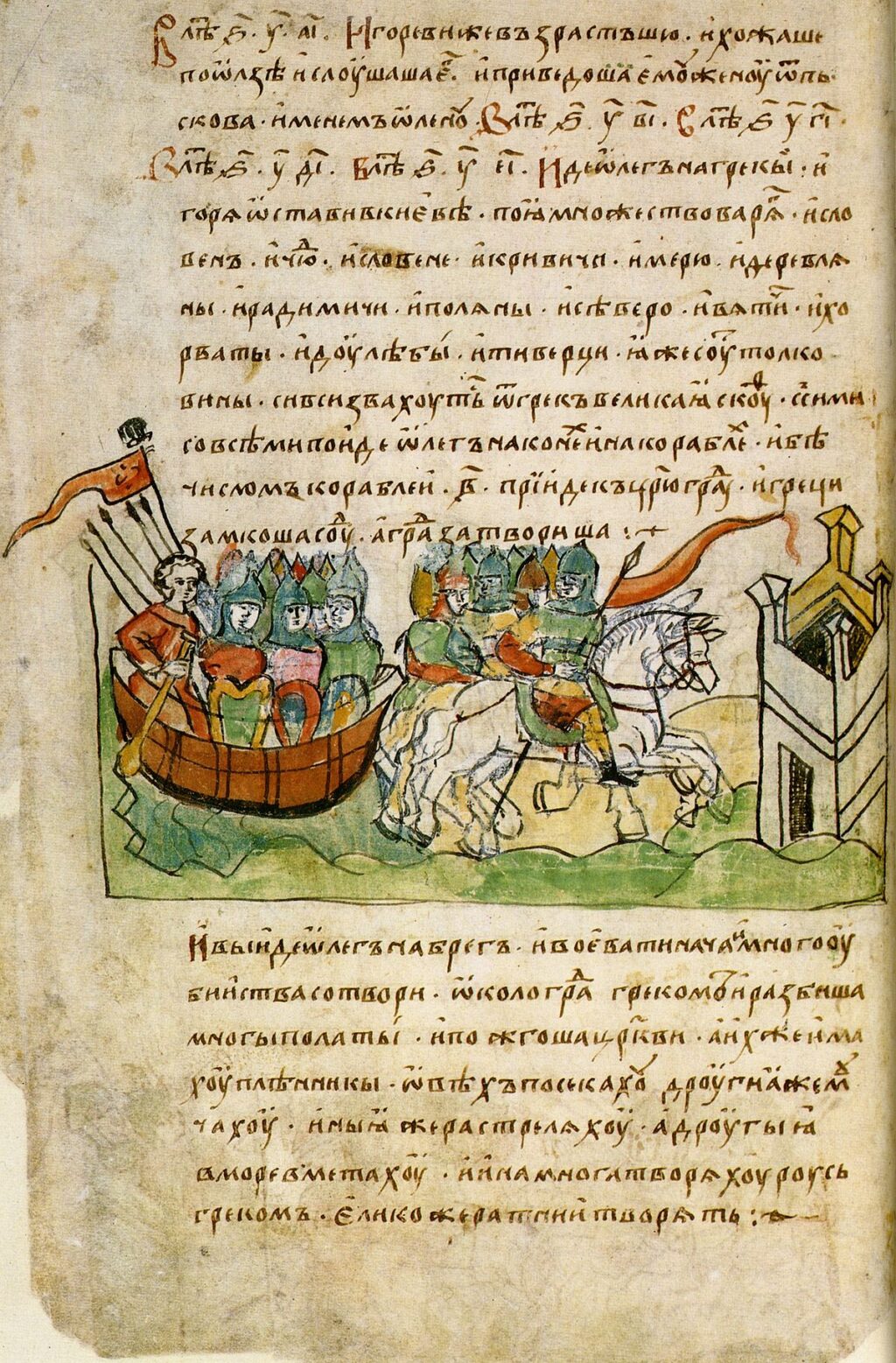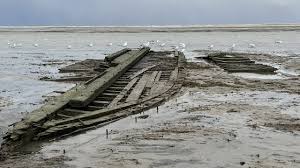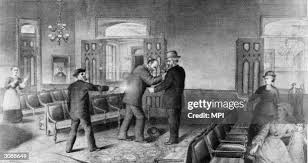
Introduction
The medieval period, often referred to as the Middle Ages, spans roughly from the 5th to the late 15th century. This era was marked by significant social, political, and cultural changes. Chronicles from this period serve as essential historical documents that provide insight into the transitions occurring in Europe, as well as the daily lives of people. Understanding these chronicles is crucial for historians, literature enthusiasts, and the general public interested in the complexities of this transformative time.
Significance of Medieval Chronicles
Medieval chronicles were historical accounts written by chroniclers who aimed to document events in a chronological format. Notably, works such as Geoffrey of Monmouth’s ‘Historia Regum Britanniae’ and ‘The Anglo-Saxon Chronicles’ laid down a narrative of events that would influence national identities and literature for centuries. These chronicles were important tools for preserving history, often filled with tales of kings, battles, and societal reforms that shaped the future of nations.
Events and Notable Figures
The chronicles often highlighted significant events, such as the Norman Conquest of 1066, the Crusades, and the Plague, which had profound effects on society. For instance, the works of Henry Knighton, a 14th-century chronicler, provide rich details regarding life in England during a time of turmoil and change. Chronicles also frequently mentioned prominent figures like Charlemagne, Eleanor of Aquitaine, and Richard the Lionheart, whose legacies have had a lasting impact on European history.
Literary Influence
Beyond their historical importance, medieval chronicles influenced later works of literature. Their narrative styles and themes inspired writers such as Dante and Chaucer. The exploration of human experience and morality found in these chronicles contributed to the foundations of modern storytelling and historical writing.
Conclusion
Understanding the chronicles of medieval times offers invaluable insights into the societal norms and events of the era. Their role as historical documentation allows us to connect with the past, while also shaping our understanding of contemporary history. As the study of medieval chronicles continues to evolve, it encourages further exploration of the complexities of human experience during one of history’s most significant periods. For readers, delving into these chronicles can illuminate the intricate web of history that continues to influence our world today.






